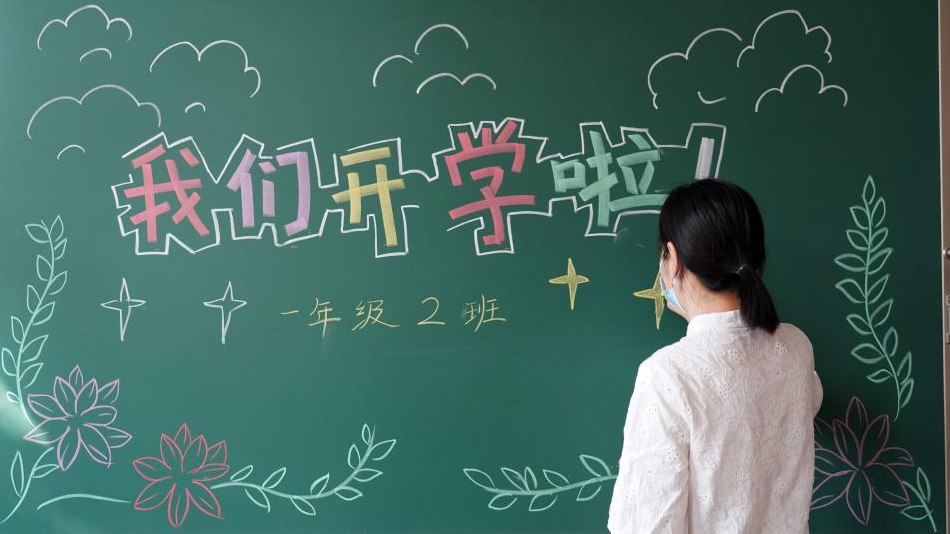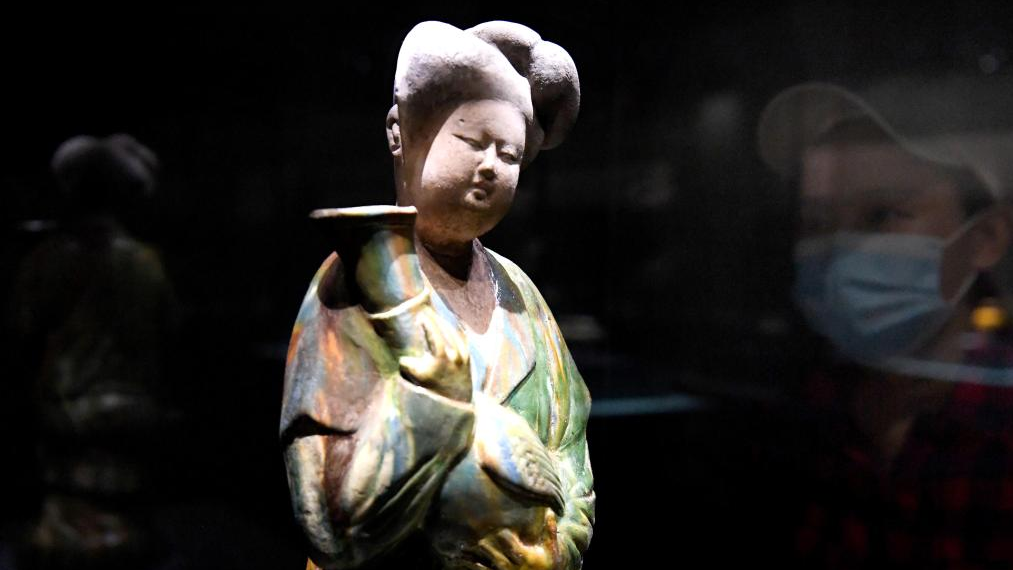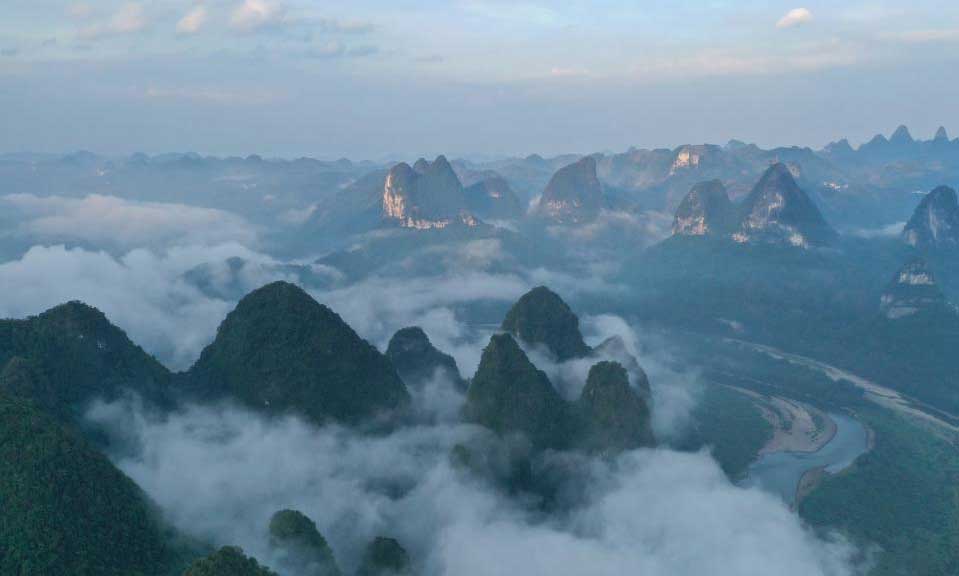Interview: U.S. smearing China for Africa's build-up of debt reflects Cold War mentality -- scholar
LONDON, Sept. 1 (Xinhua) -- The United States smearing China for the build-up of debt owed by African countries reflects its Cold War mentality, Harry Verhoeven from the Center on Global Energy Policy at Columbia University has said.
"That's been very strongly the case," said Verhoeven in an interview with Xinhua. The United States "was already building intellectual scaffolding that was being provided to identify China as being singularly responsible for this build up in African liabilities and snarling the continent in this kind of debt trap."
However, Verhoeven said that the data clearly proved that the claim "is simply not true."
"This is puzzling. When you look at the data, the idea that Africa owes more money to China than any other creditors is simply not true," Verhoeven said.
In May, Verhoeven and Nicolas Lippolis, a scholar from the Department of Politics and International Relations at the University of Oxford, published a new study which said the rise in African debt due to Chinese lending pales in comparison with the debt burden created by private creditors of other countries over the last decade.
Titled "Politics by Default: China and the Global Governance of African Debt," the study stressed that in making such wrong assertions about China, many U.S. officials were evoking the idea of a new Cold War.
Verhoeven said actually the Western creditors, such as asset managers from America's "Wall Street" and Britain's "the City of London," among others, have played significant roles in the growing African debt.
"They (West lenders) have looked for better returns on their capital and they've often found these (African) bonds quite interesting, in part because African states have to pay high levels of interest on these financial products," said Verhoeven, referring to the Western lenders who have "been pushing up Africa's debt most rapidly."
Noting that some Western politicians are actually "not interested in facts about African debt", Verhoeven said, "It's mostly interested in blaming China and causing China a headache as opposed to helping Africans deal with balance of payment problems."
"It does feel a bit hypocritical, and a bit as if it's jealous, or if it's trying to curtail, let's say, the expansion of Chinese influence rather than actually trying to help Africa," he added.
"That's really what the debt trap diplomacy narrative is all about," said Verhoeven, adding that "what you notice here is very strong Cold War thinking. Of course, the black and white thinking."
Verhoeven said he believes that this type of narrative is what Washington is familiar with and good at.
"For many people in Washington this is quite a comfortable storyline, and this is something they have a lot of experience with," he said. "Except, of course it does huge injustice to the complexity, not just of Chinese engagement with these countries, but importantly of African agendas."
Verhoeven described Chinese investments in Africa as hugely important, saying, "There are very few people on the continent who deny the pivotal role that China has played in that regard."
Photos
Related Stories
- U.S. lies about Xinjiang will only bankrupt its own credibility faster: Chinese FM spokesperson
- China to take necessary measures to protect Chinese firms, institutions: spokesperson
- Some Facts About Pelosi's Visit to Taiwan
- Commentary: U.S.-Taiwan collusion illegitimate, unjustifiable
- Interview: Pelosi's Taiwan visit blatant political provocation against China -- Egyptian researcher
- Chinese student visas to U.S. tumble from pre-pandemic levels: report
- U.S. should bear consequences of damaging China-U.S. counternarcotics cooperation: spokesperson
- Experts: Countermeasures justified
- Chinese envoy urges U.S. political decisions to revive Iran nuke deal
- Cartoon | Pelosi just sets fire regardless of fallout
Copyright © 2022 People's Daily Online. All Rights Reserved.









